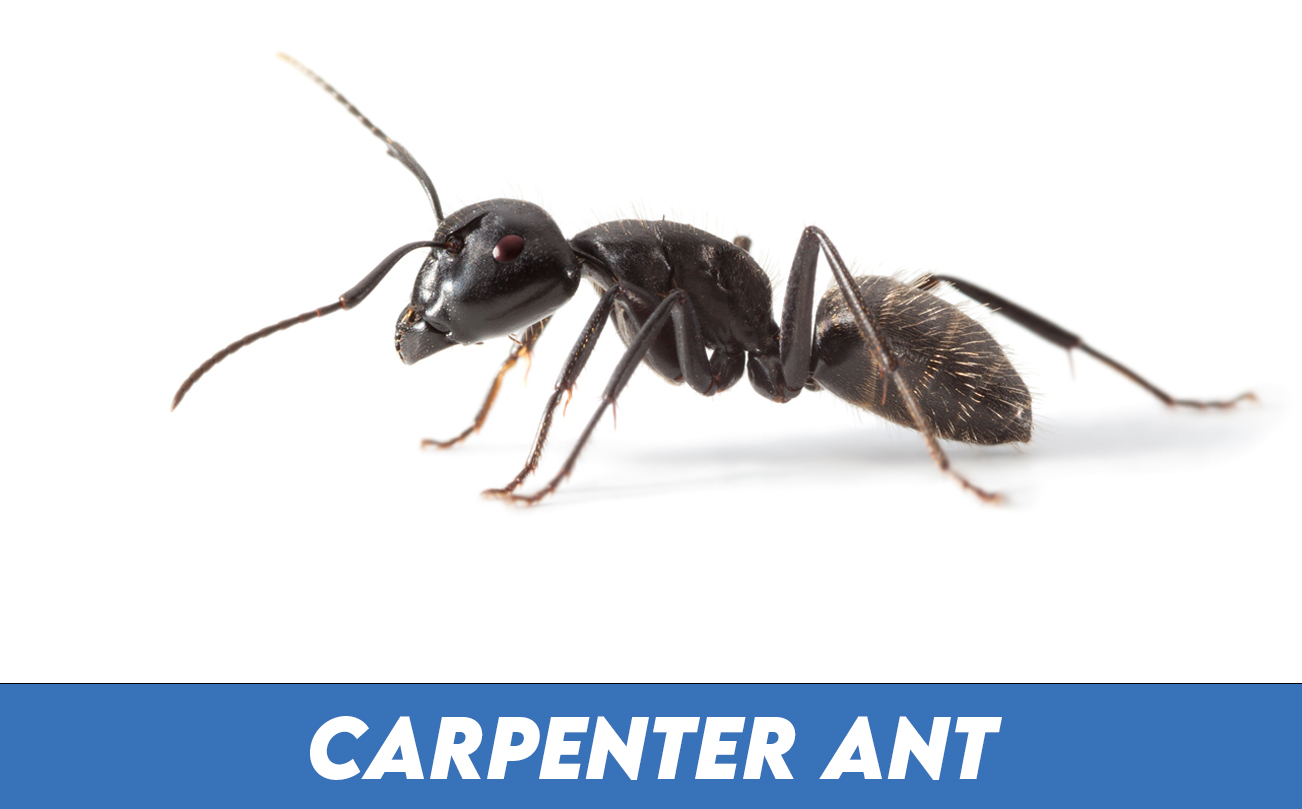There’s nothing quite like waking up to find a bustling line of ants marching across your kitchen counter. Dealing with these tiny, unwelcome guests can be frustrating, especially when they seem to multiply by the minute. But fear not, dear homeowner! We’re here to provide you with the ultimate guide on how to get rid of ants in house, using proven methods and prevention tips that will have you waving goodbye to those pesky intruders in no time.
Identify the Type of Ants
Before you can say “antmageddon,” it’s essential to know your enemy. By identifying the type of ants in your house, you’ll be better equipped to tackle the infestation head-on.
Common Household Ants:
Carpenter Ants: These larger ants love to chew on damp or damaged wood, causing structural damage to your home.
Odorous House Ants: As the name suggests, these ants emit a foul odor when crushed. They’re typically found in moist areas and are attracted to sugary foods.
Pavement Ants: These tiny warriors are commonly found under slabs, stones, or pavement, and prefer greasy or protein-rich foods.
Find the Source of the Infestation
Now that you’ve identified the type of ants in your house, it’s time to find the source of the infestation. Follow the trail of ants and observe where they’re entering your home, as well as any potential food sources or nesting areas.
Natural and DIY Solutions
If you prefer a more eco-friendly approach to your ant problem, consider these natural and DIY solutions:
Vinegar, Lemon Juice, and Essential Oils: Ants hate the smell of vinegar, lemon juice, and certain essential oils like peppermint and eucalyptus. Mix equal parts water and vinegar or lemon juice, and add a few drops of essential oil. Spray this solution on ant trails and entry points to disrupt their pheromone trails and keep them at bay.
Borax and Sugar Bait Traps: Mix equal parts borax and sugar with a little water to create a thick paste. Place this mixture in small containers or on pieces of cardboard, and place them where you’ve seen ants. They’ll be attracted to the sugar, consume the borax, and take it back to their colony, eventually killing them off.
Diatomaceous Earth: This natural, non-toxic powder works by damaging the exoskeleton of ants, causing them to dehydrate and die. Sprinkle it around the areas where you’ve seen ants, but be sure to keep it away from children and pets.
Chemical Solutions for Ant Control
If natural methods aren’t doing the trick, it might be time to consider chemical solutions:
Ant Baits and Traps: These products contain a slow-acting insecticide that ants carry back to their colony, eventually wiping out the entire population.
Insecticides and Sprays: These can be used to target specific areas where ants are entering your home or where their nests are located. Be sure to follow the instructions carefully and keep these products away from children and pets.
Professional Extermination: If you’re dealing with a severe infestation, it might be time to call in the pros. They have access to more potent solutions and can help ensure your ant problem is eradicated for good.
Prevention and Maintenance
Prevention is the key to keeping ants out of your house. Here are some tips to help you maintain an ant-free home:
Seal Entry Points: Use caulk or other sealants to close up any cracks or gaps in your home’s foundation, walls, and windows.
Keep Your Home Clean: Regularly clean your kitchen, countertops, floors, and appliances to remove food debris and spills. Ants are attracted to food, so eliminating their source of sustenance is crucial in preventing an infestation.
Store Food Properly: Keep your food in airtight containers and make sure to promptly clean up any spills or crumbs. Don’t forget to store pet food in sealed containers as well!
Manage Your Outdoor Space: Keep your yard clean and free of debris, trim overhanging branches, and maintain a barrier between your home and any vegetation. This will help prevent ants from finding their way inside.
Monitor Moisture Levels: Many ants, like carpenter ants and odorous house ants, are attracted to damp areas. Regularly check for water leaks, maintain your gutters, and use a dehumidifier if necessary to keep moisture levels under control.
Learning how to get rid of ants in house can be a daunting task, but with the right knowledge, tools, and persistence, you can reclaim your home from these pesky invaders. By identifying the type of ants you’re dealing with, implementing the appropriate solutions, and following prevention and maintenance tips, you’ll be well on your way to enjoying an ant-free living space. Remember, sometimes a touch of humor and a little patience can go a long way in your battle against these tiny, resilient creatures.

